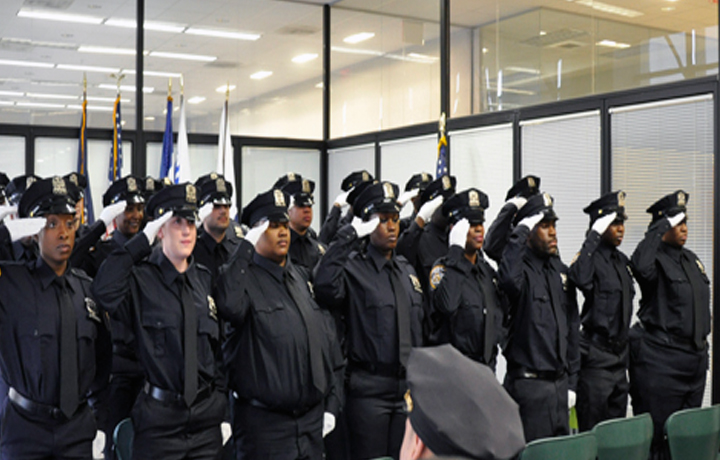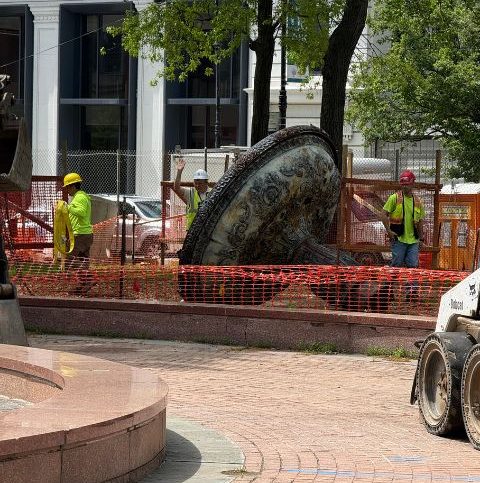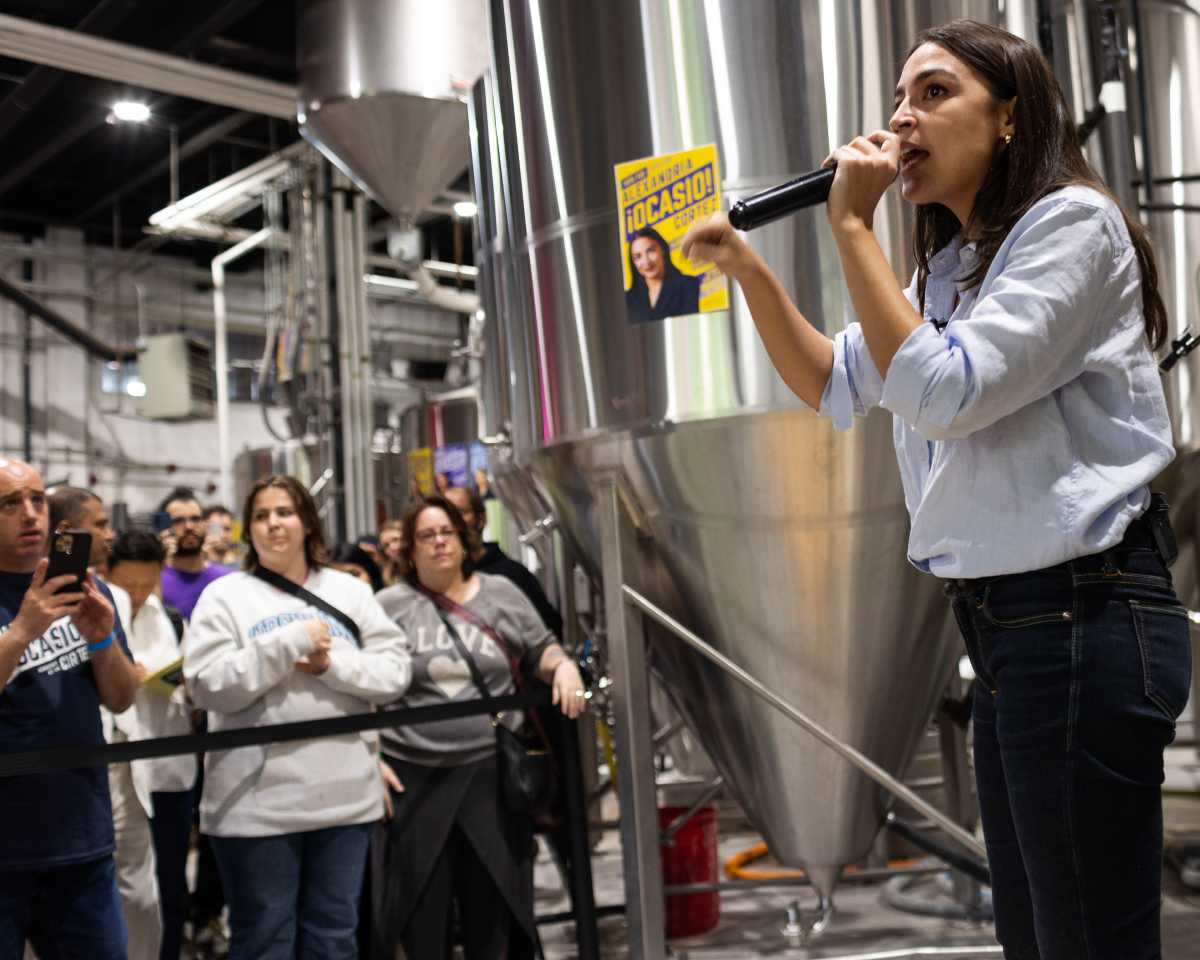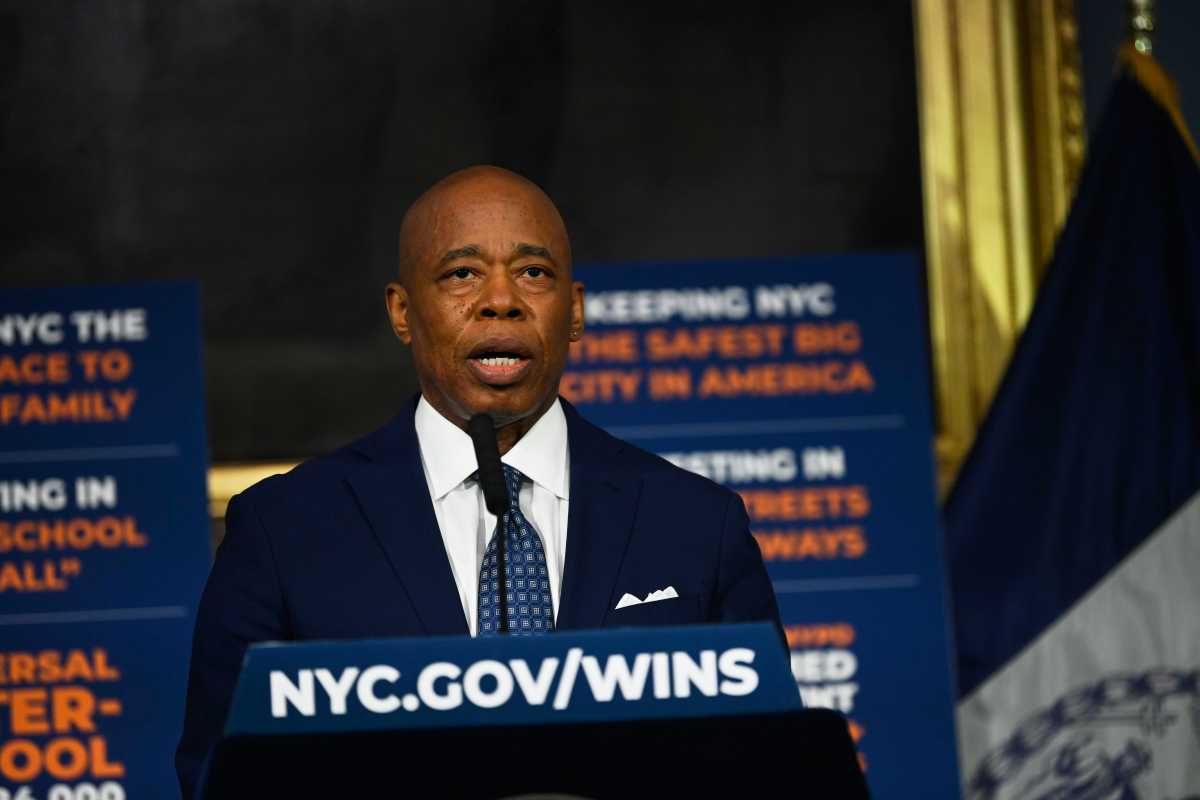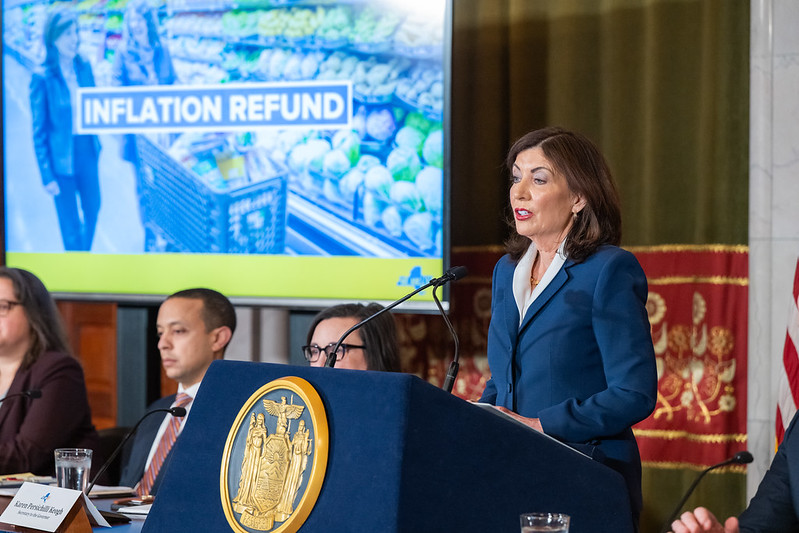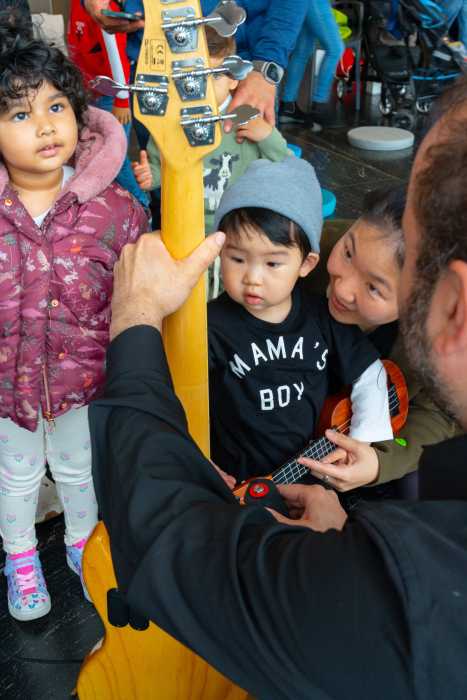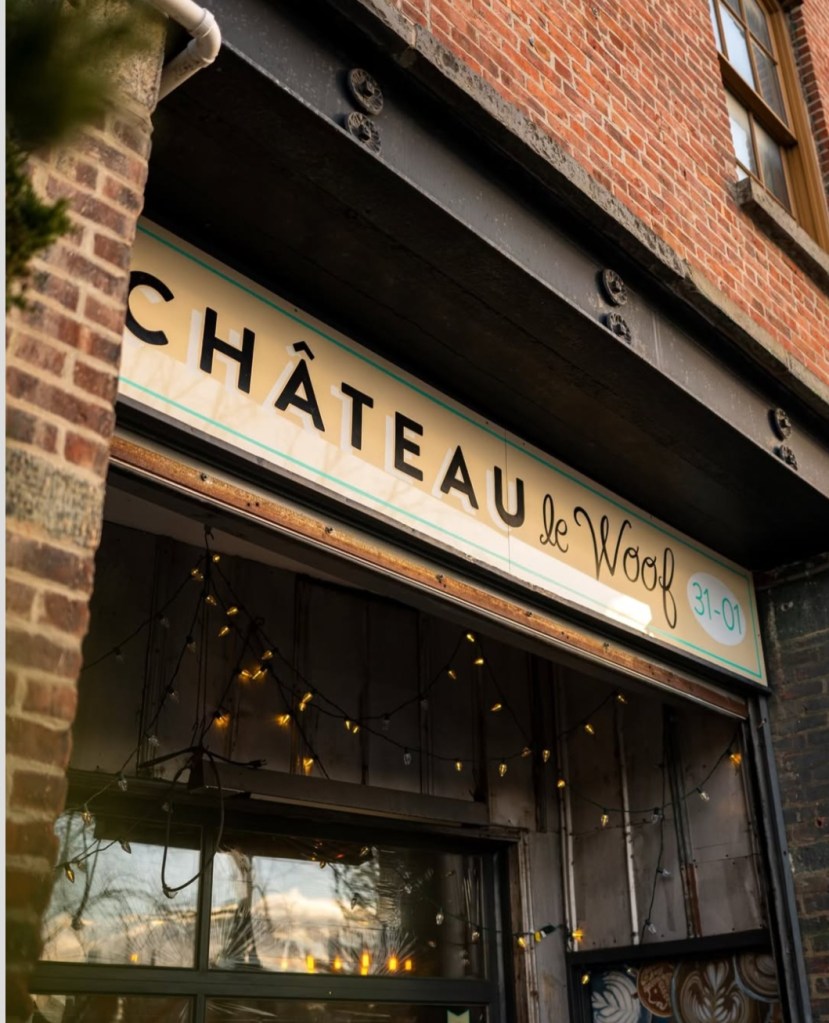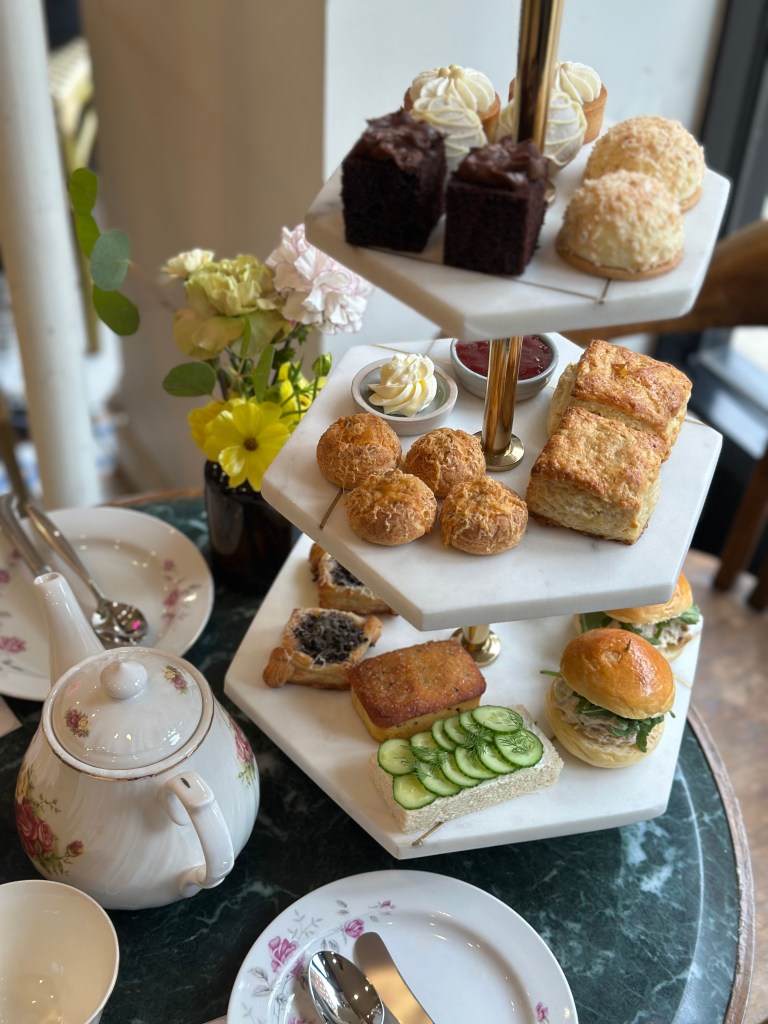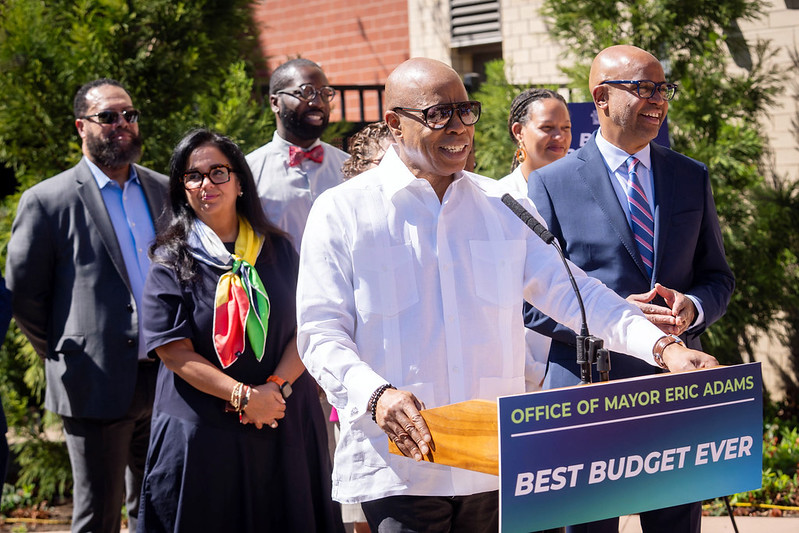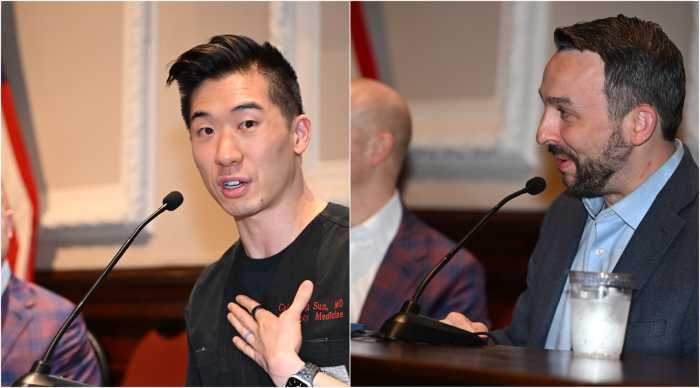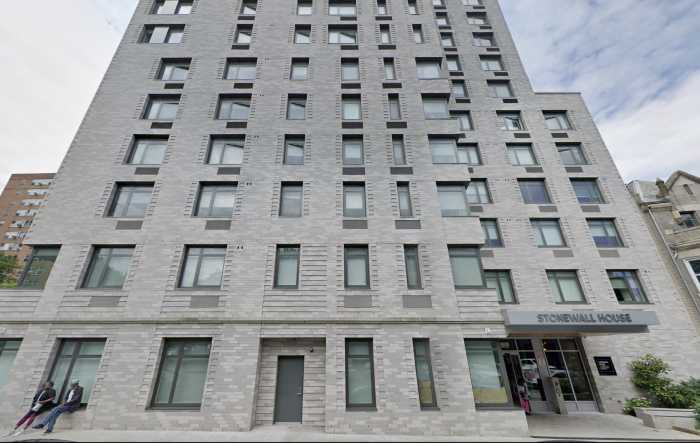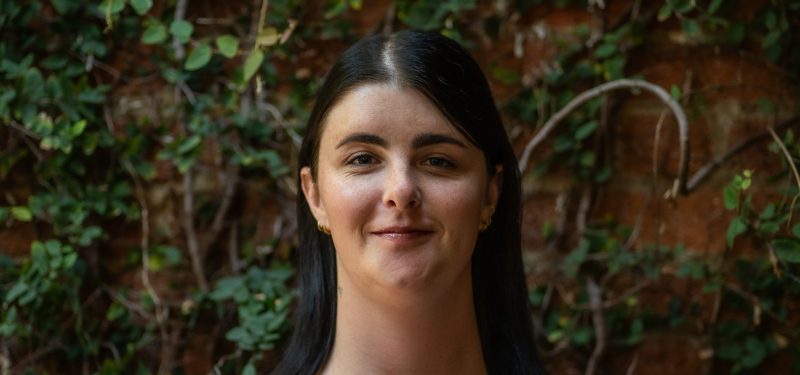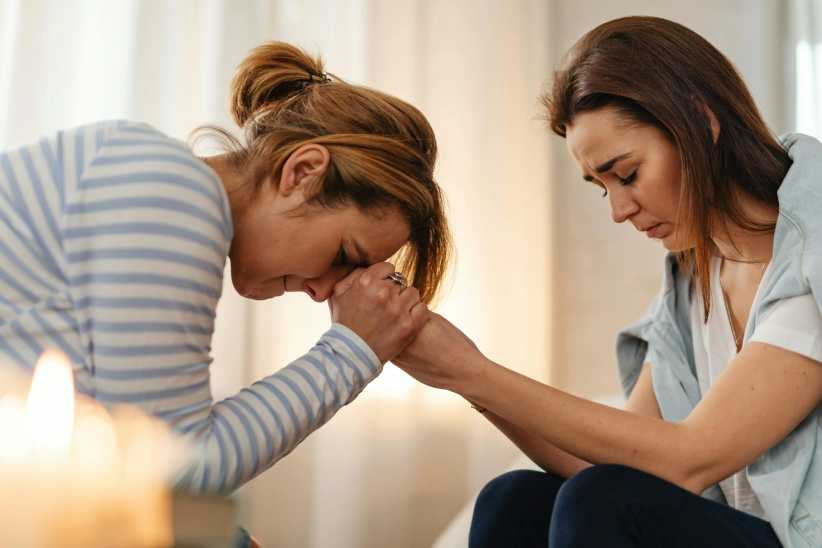In order to improve the conditions of essential security officers protecting some of the most vulnerable New Yorkers in the city’s homeless shelter system, Councilman Francisco Moya and Councilwoman Diana Ayala introduced legislation that would provide much-needed training, better wages and benefits for officers at privately-run shelters under contract with the city.
As the COVID-19 pandemic ravaged communities of color, the majority of these security officers working in homeless shelters, those run by private operators, earn much less and have fewer benefits and protections than officers doing the same work in city-run shelters.
The bill introduced by Moya would require that officers at privately-run shelters contracted with the city receive the prevailing wage for the industry, which would provide higher wages and benefits.
“Security guardian city-contracted homeless shelters have been serving some of the most vulnerable New Yorkers in the midst of a pandemic that’s consumed the city, all while earning poverty wages and being cut off from affordable healthcare and meaningful paid time off,” Moya said. “It’s also about more than compensation, however, it’s about justice and equity, making sure the predominantly Black and Brown New Yorkers they serve have all the protections they deserve. Public money should never fund low-road jobs that exploit minority workers who put themselves at risk to protect New Yorkers in need.”
Legislation introduced by Ayala would require 40 hours of training for security guards at these shelters, modeled on training that officers in city-run shelters receive, and including training in conflict de-escalation and sexual harassment prevention. Ayala talked about her own personal connection to the issue, as her son has worked as a security officer.
“This new requirement will help ensure that workers have the tools they need to create a safe and supportive environment for clients and improve the quality of jobs that are held disproportionately by people of color,” Ayala said.
The city’s shelter system was hit particularly hard at the height of the pandemic with the Department of Homeless Services identifying more than 650 cases and 50 deaths in April.
Seven security officers who are 32BJ members at city-run shelters have died from causes related to COVID19, as has at least one security officer at a privately-run shelter.
“Our union has been fighting to improve conditions for officers working at shelters run by private non-profit entities,” 32BJ Vice President Denis Johnston said. “These officers working in an environment that is challenging even in the best of times should not have to bear the extra burden of worrying whether their wages can support their families, whether they can get medical care in the middle of a pandemic, or whether they have the tools to manage situations that arise with residents in crisis.”

